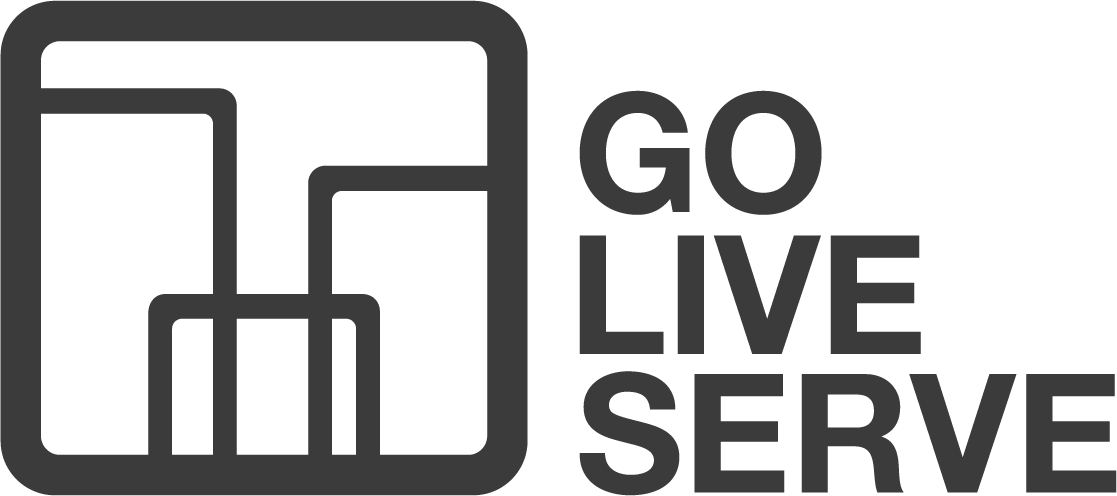ONE BELT ONE ROAD: HIGHWAY FOR MISSIONS?
In 2013, President Xi Jinping announced China’s ambitious One Belt One Road (OBOR) plan to connect Asia and Europe with a 21st Century Silk Road by land and sea (One Road) to create an expansive Silk Road Economic Belt (One Belt) involving 65 countries and 4.4 billion people. Instead of inviting foreign investment into China, she now seeks to influence global trade by investing outwards.
What It Means for China
The OBOR is presented as a plan for peace and prosperity to enhance international relations, promote geopolitical stability, and provide collaborative conditions for shared economic growth and wealth.
For China, it is a strategy to find markets for her goods and services, secure her energy supplies, and stimulate growth for underdeveloped regions in her western interior.
The plan calls for diplomatic coordination, massive transportation projects, free trade zones, promotion of the Chinese yuan, and people-to-people cultural and educational exchange from the Pacific Ocean to the Baltic Sea.
As one analyst puts it, “If this vision can be fulfilled, then eventually all roads will quite literally lead to Beijing.”
What It Means for Missions
1 Chron 12:32 says: “the sons of Issachar… understood the times and knew what Israel should do.” We too must ask what OBOR means for missions, and what we should do.
Many leading churches in China are hearing the call to take the Gospel to the Muslim World, where many countries fall within the OBOR.
The Belt stretches from NW China, across Central Asia, the Middle East and Europe. The Maritime Road rises from SE China, across the South China Sea, the Straits of Malacca, the Indian Ocean and the Red Sea to join the land route in Venice.
Just as Roman roads and Mediterranean sea routes expedited 1st century missions, OBOR presents opportunities for 21st century missions.
Because many of the Belt countries are creative access nations, tentmaking and business are probably the new highways for missional professionals from China and other countries. But there are challenges.

